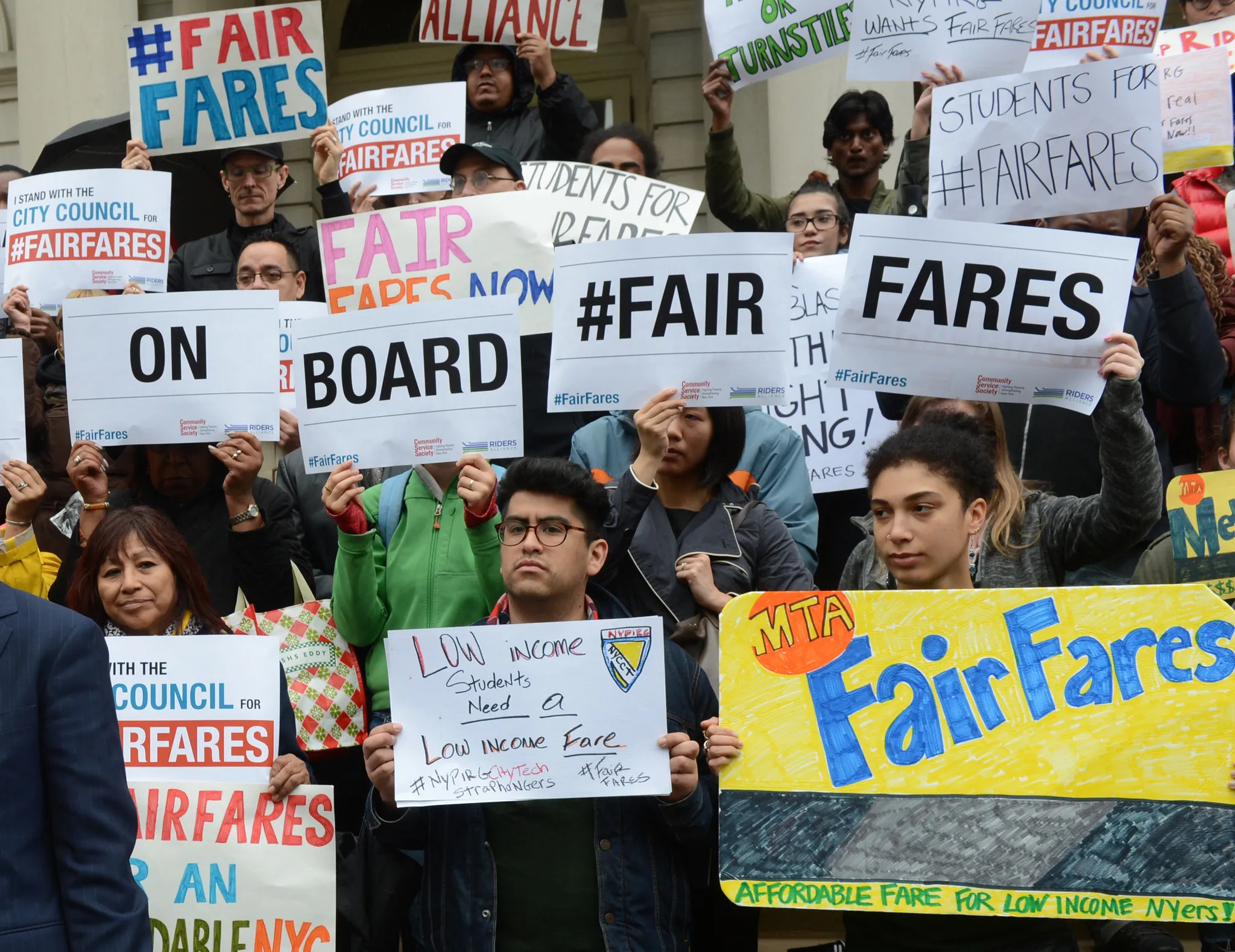Everyone has an opinion about what defines a generation, from baby boomers to millennials. Some groups define generations by age cohort, others by cultural affiliation, and some by significant events.
Defining generations by these parameters can lead to disagreements and complaints about specific date ranges, generation names, and over-generalized traits.
Baby Boomers
Table of Contents
The baby boomer generation is the group born during the surge of births that occurred in America and other countries immediately after World War II. Their numbers and other sociopolitical factors helped reshape America politically and economically.
In their teenage years, the Baby Boomers were shaped by the rise of rock and roll and the popularization of drugs like marijuana. They also were shaped by the hippie movement, protests against the Vietnam War, and the 1969 music festival in Woodstock. Later in life, boomers became business leaders, taking over many of the largest corporations and inventing new ones from scratch. They also fueled the economic prosperity of their parent’s generation and became more likely to disengage from institutions such as religion, marriage, and political parties.
In their middle and later years, the boomers face many challenges, including high debt levels and growing health problems. More than four in ten say their standard of living is worse or no better than that of their parents at the same age, a lower proportion than among younger adults and older adults.
It’s essential to remember that generations are defined by age cohort, not current age. So, for example, if someone is described as a member of the Millennial generation because they are a college kid, that person will be a different age when they graduate from school and enters the workforce or retires.
Generation X
The generation after Baby Boomers and before Millennials is known as Gen X. This group is also called the latchkey generation because of the higher divorce rates among their parents. Unlike the Boomers or the Millennials, many Gen X members are not wealthy. This may be because they began working when employment was scarce and wages were lower. Regardless, this generation was shaped by the events that took place during their formative years: the death of Princess Diana, the fall of the Berlin Wall, and the launch of the first personal computers.
As a result, Gen Xers tend to be self-reliant and independent. They are fearless in taking on a challenge. They grew up with punk rock, early hip-hop, and grunge music and watched MTV’s debut. They are cynical and distrustful of authority, but they also have a pronounced sense of individualism—Gen Xers found some of today’s most recognizable companies.
What is a generation as the in-betweeners are fitting because they are sandwiched between the Baby Boomers and the Millennials? This means they are sometimes criticized for being slackers and whiners, although this view has been disputed. Gen Xers also experienced setbacks to their retirement savings when the dotcom and financial crises hit.
Millennials
There are no hard and fast rules for defining generational cutoff points, but many factors help shape each cohort’s experiences. World events and technological, economic, and social shifts are all significant in defining a generation. So, too individuals’ aging process and life-cycle experiences at specific life points.
The Millennials, for example, have been shaped by the globalization of the economy, the digital revolution, and the financial crisis of 2008. As a result, they are different from Baby Boomers in their attitudes toward work and their view of the world.
This generation has been described as more confident, self-expressive, and liberal than previous generations. They are also more racially diverse and tech-savvy than Gen Xers and Baby Boomers. They are likelier to have a university degree and be the first to bring home a smartphone. They are also less concerned about a 9-to-5 career and more interested in flexibility that allows them to pursue other passions.
Moreover, they are more likely to prioritize health and wellness over other societal values and tend to be the most active of all generations. They are more likely to exercise, eat healthy and not drink much. They are also the first to use technology to track their fitness and are more willing than previous generations to change traditional ways of doing things. For example, they are more likely to support equality in the workplace and are less likely to believe that a man should be the breadwinner in a family.
Generation Z
Gen Zers are eager to work in teams as they enter the workforce. They also value diversity and have a strong sense of social justice, making them a generation that will likely make a difference in the world.
Like Millennials, Gen Zers are eager to learn and are quick to take on new challenges. They’re interested in group trends and are eager to research issues that affect them, which makes them a well-rounded, highly collaborative cohort.
Unlike Millennials, Gen Zers have only known life with the internet or smartphones. They’re called “digital natives”; they’ve grown up in a world of constant connectivity, social media, and a globalized economy. As a result, they are a highly collaborative generation that cares deeply about addressing inherited issues such as climate change.
This generation is also pragmatic about money, having watched their older siblings struggle through the Great Recession and the COVID-19 pandemic. They’re willing to take on financial risk as long as they can be confident that their hard work will pay off, making them a good fit for jobs with a high level of career advancement and lucrative bonuses. They also value accounts and services that help them avoid debt, such as debit cards and mobile banking. Moreover, they want to build a secure future, including buying a home and saving for retirement.















































